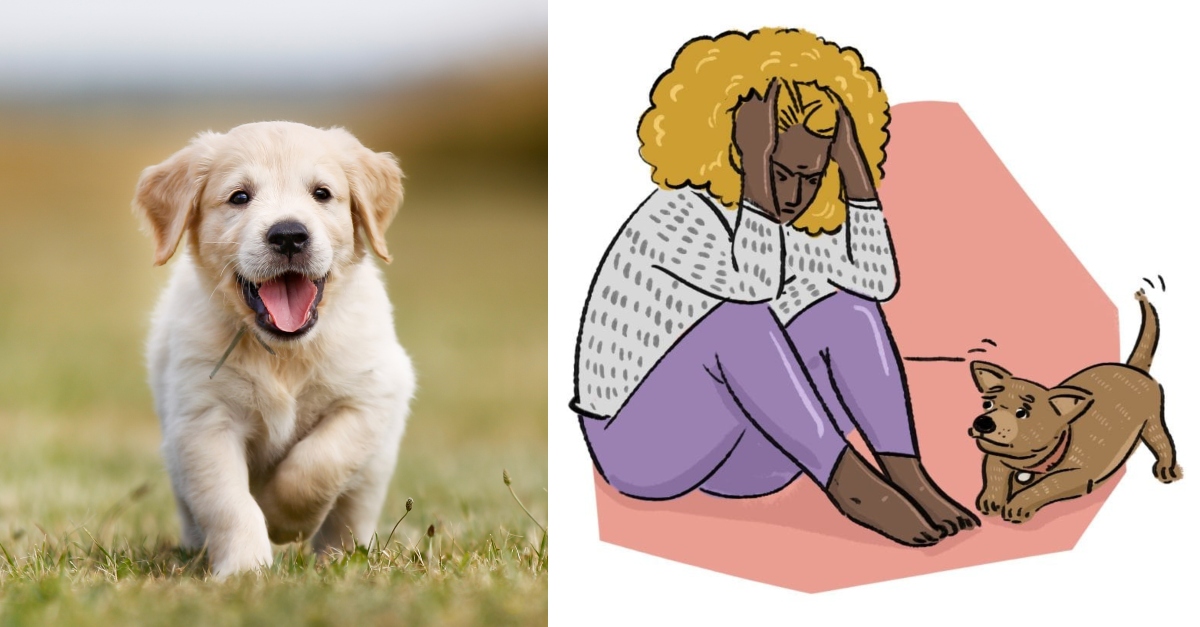
So, you got a puppy. He's absurdly adorable, but he's also kind of ruining your life. Was this whole thing a mistake? Will you ever sleep again? Can you take him back to the SPCA? Why do you feel so bummed out about this?!
Welcome to the "puppy blues."
Believe it or not, it's normal for new puppy owners to feel down in the dumps. Having a case of the "puppy blues" is a similar phenomenon to postpartum depression, a well-documented condition experienced by many new moms (of human babies). Puppies are not children, but there are some aspects of the experience of raising a baby that are pretty much universal, no matter the species. It's exhausting, difficult, and overwhelming.
If you suspect that you might have the puppy blues, don't fret! You're definitely not alone, and it won't last forever. Plus, there are some actions that you can take to make it through this funk.
What Are 'Puppy Blues'?
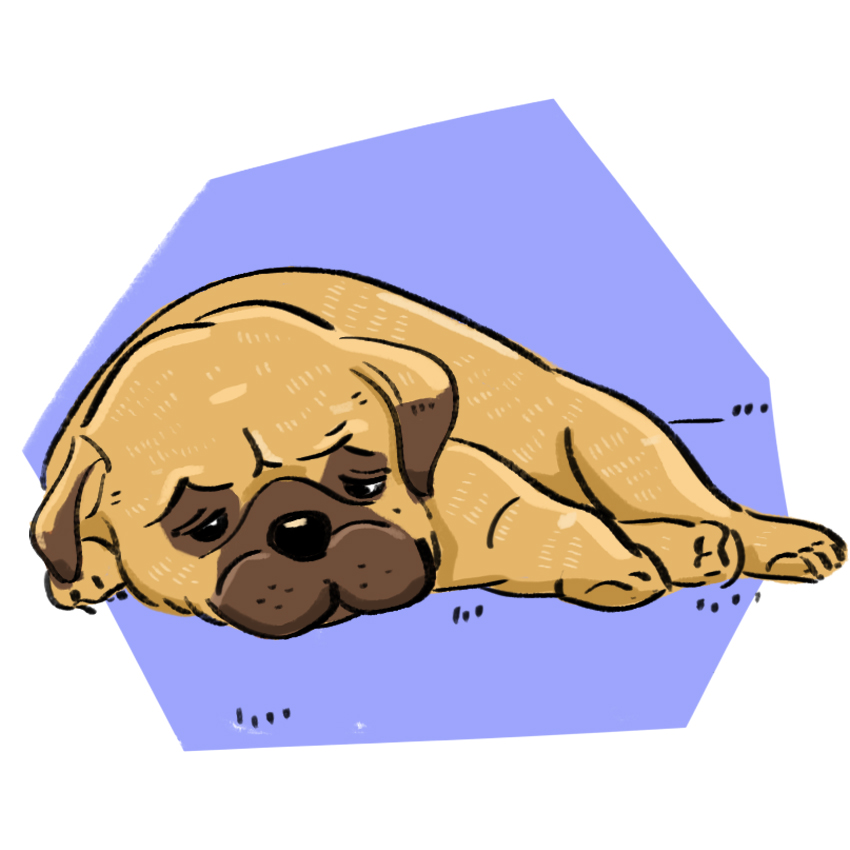
The puppy blues are also known as "post-partum puppy depression." No, this is not an actual psychiatric condition, but it is a struggle that many new puppy owners report. It's characterized by sadness, exhaustion, numbness, anxiety, and other difficult feelings after adopting a puppy.
The puppy blues can happen right after you bring your puppy home, but they can also set in after a few weeks or months. They may last for days, weeks, or even months.
Symptoms Of Puppy Blues: Sadness And Anxiety
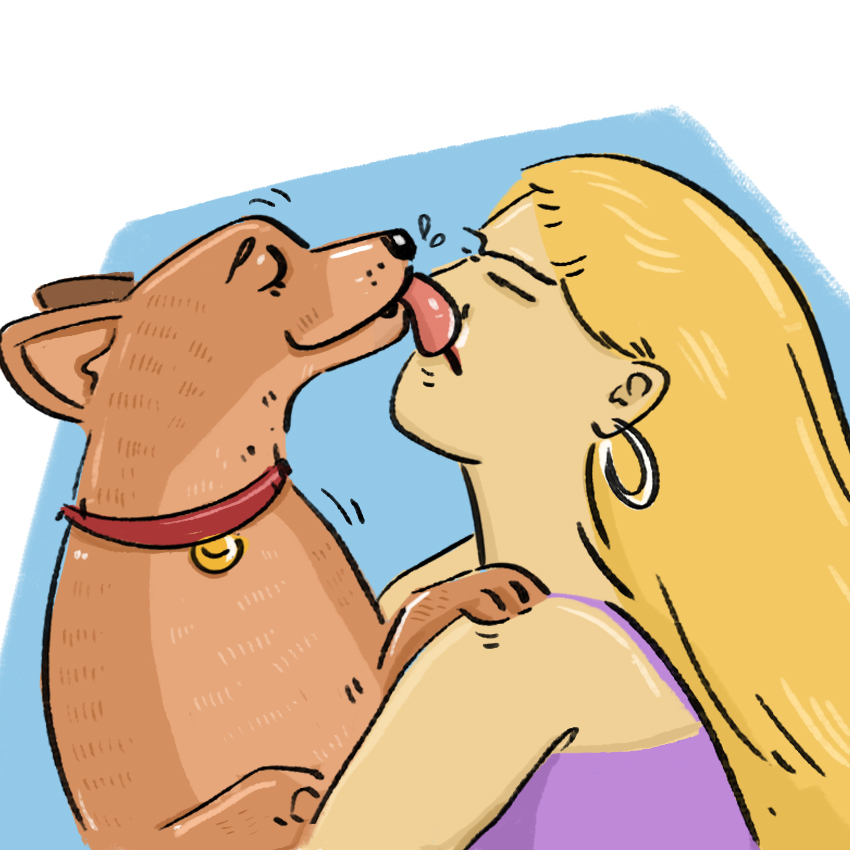
The puppy blues manifest differently in different people. Two of the most common symptoms, though, are sadness and anxiety.
Often, new puppy owners expect to feel sheer joy about their new pet. Instead, you might feel really down about the situation. You might find yourself crying often, eating less, sleeping less, and having trouble focusing.
Similarly, you may feel more anxious than usual. You might also feel angry, helpless, or completely numb.
Symptoms Of Puppy Blues: Feelings Of Regret
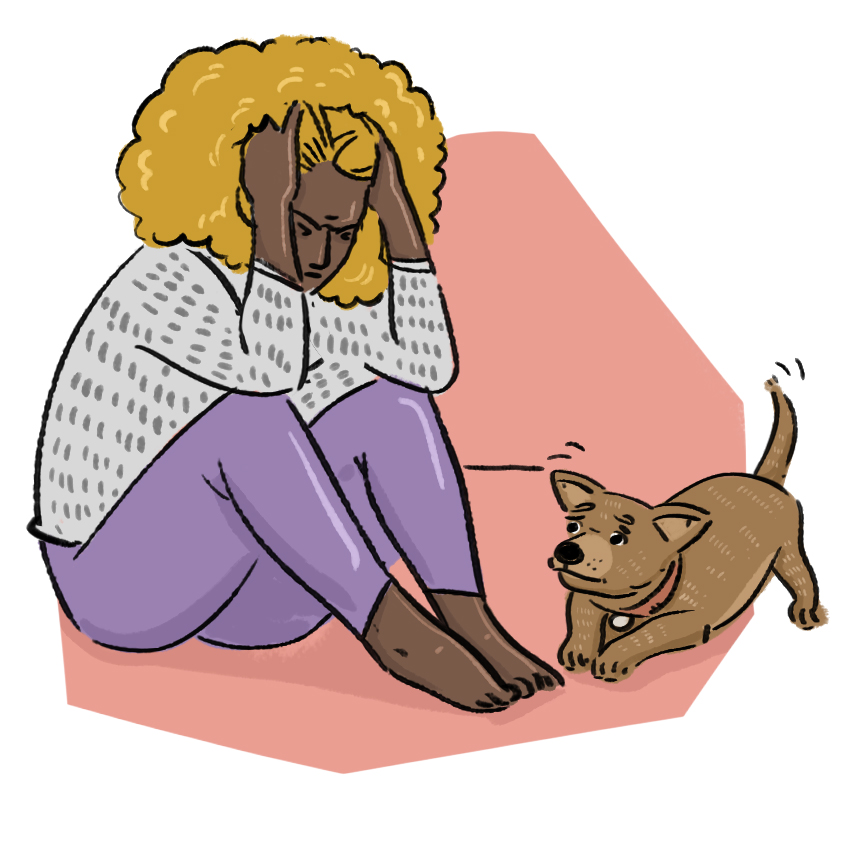
Along with these sad, anxious feelings may come the painful sting of regret. You might be thinking:
"Maybe it was a bad idea for me to get a puppy."
"I wish I'd thought this decision through more."
"Am I a horrible person if I give my puppy back?"
What Causes Puppy Blues?
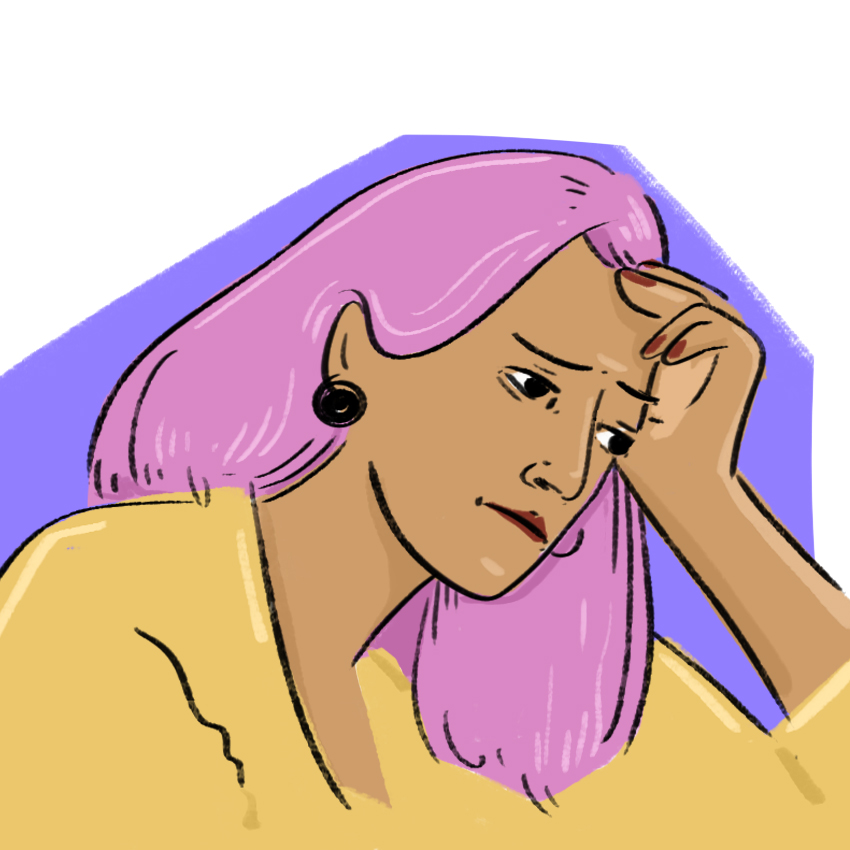
Puppy blues aren't fun, but they're also not uncommon. Unlike the regular blues or even regular depression, the puppy blues are directly caused — at least in part — by the difficult experience of raising a puppy.
Having A New Puppy Is Fun
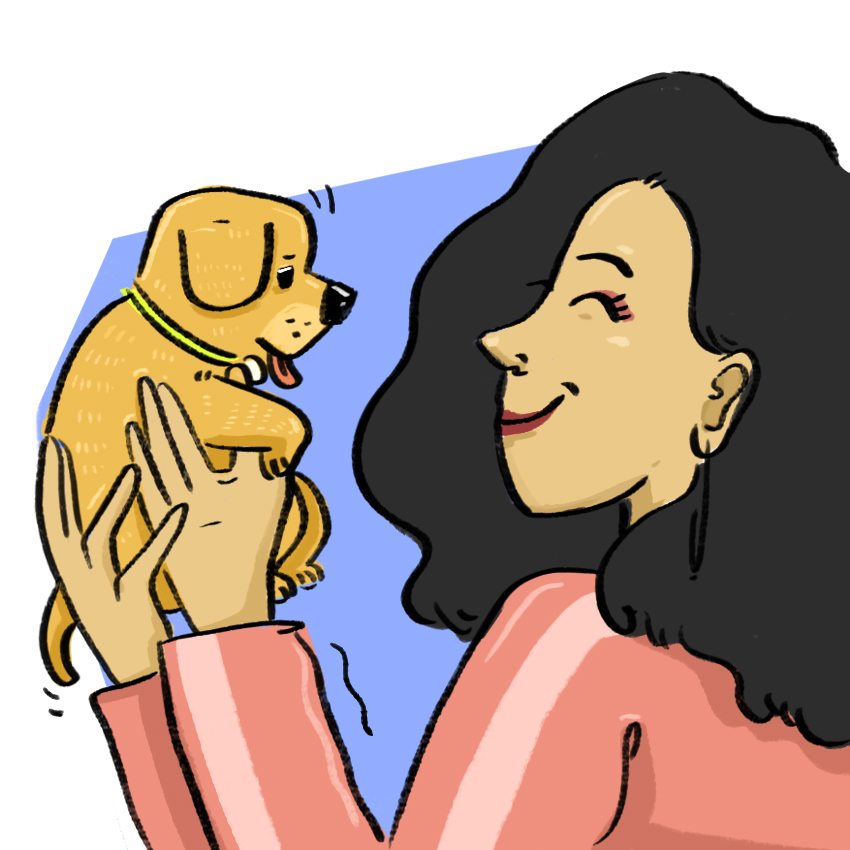
For people who've never raised a puppy, the idea of the puppy blues might be completely unfathomable. Raising a puppy looks like all fun and games from afar. Puppies are cute, after all! They play with you, lick your face, and love you unconditionally!
This is, after all, why most people adopt puppies in the first place. Of course, it's fun sometimes, — and in the long run, it's definitely worth it.
But It’s Also Really Difficult
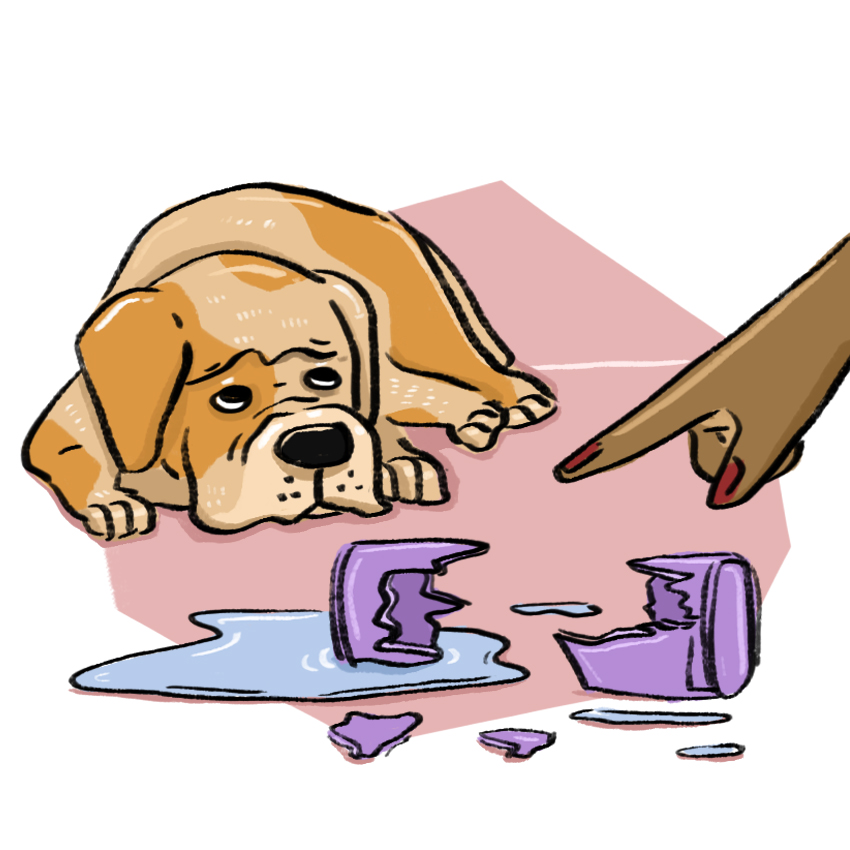
But, as any past or present puppy owner knows, raising a puppy is also a huge commitment and lifestyle shift. A puppy makes enormous demands on your time, finances, emotional energy, and physical energy. Moreover, it's incredibly stressful to suddenly be 100% responsible for another creature's life.
Like postpartum depression and the "baby blues," the puppy blues are likely caused by the physical and emotional changes that take place as a result of these demands.
If you have a history of depression, a weak support system, and/or other major life stressors (like a job loss), you're more likely to develop puppy blues.
Sleep Deprivation Is Real!
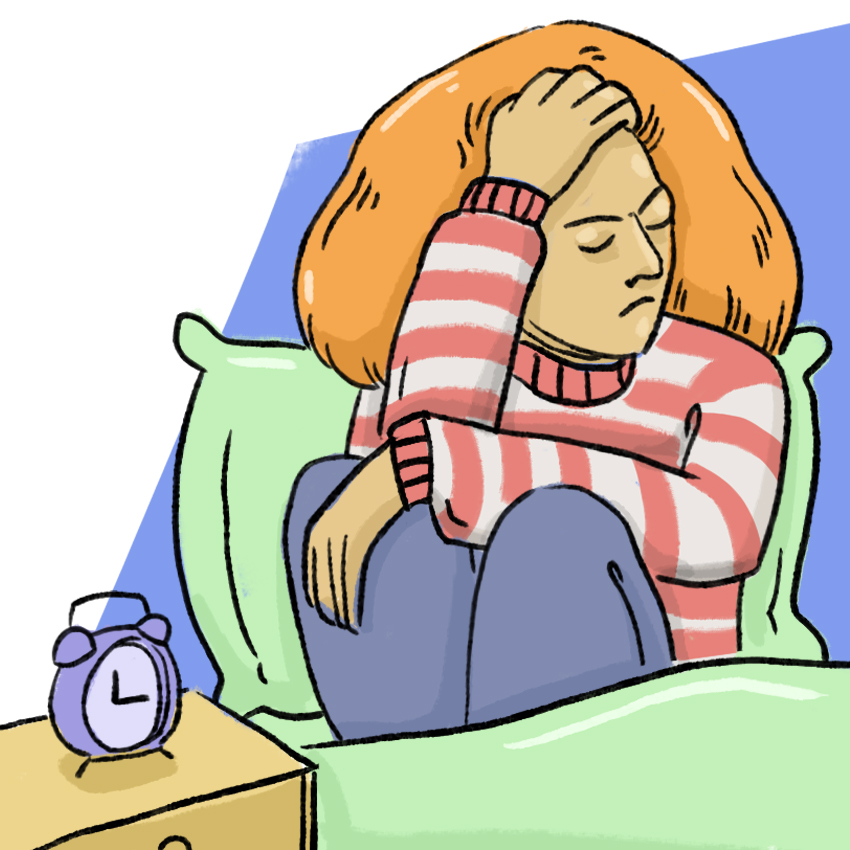
Sleep deprivation is another major contributing factor to the puppy blues. Like babies, puppies cannot hold their bladders for long, and they could not care less about what time of the day or night it is. If they need you, they need you! Your sleep quality takes a back seat, and things might remain that way for weeks or even months.
It becomes much harder to maintain your mental health when you're only getting two- or three-hour stretches of sleep each night.
'But Don’t You Love Him?'
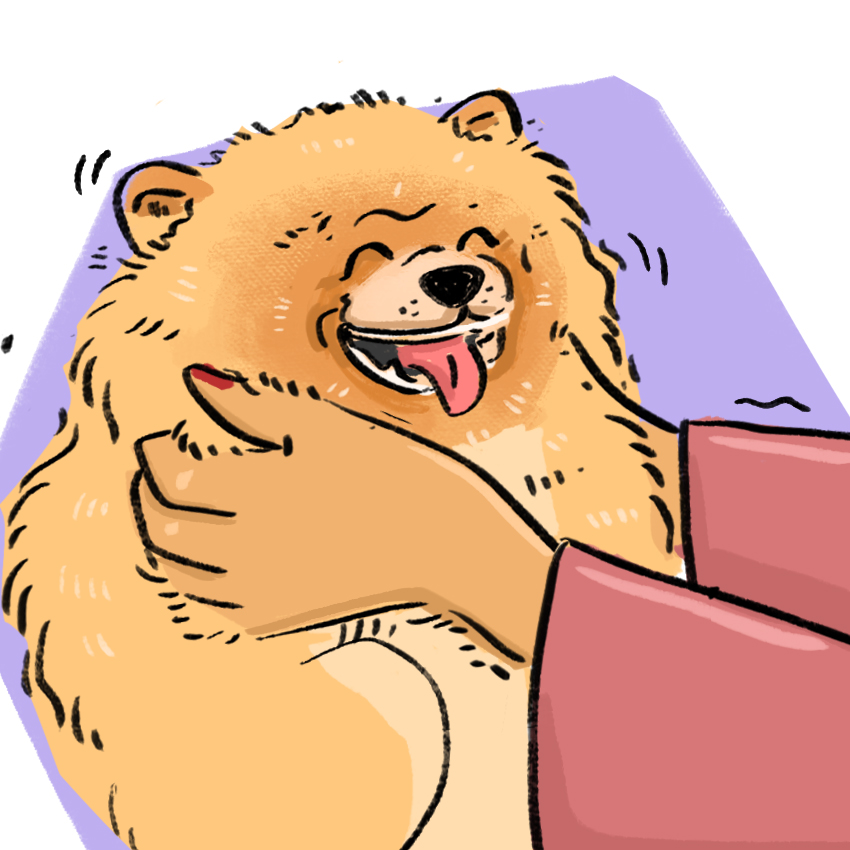
To make things worse, you may feel like you can't talk openly about your feelings to anyone, because they'll misunderstand, think you're exaggerating, or see you as a bad pet owner. You're supposed to love this creature with all you've got — but mostly, he just makes your life hard.
The truth is that it can be hard to emotionally bond with young puppies. Even if you do deeply love your puppy already, that doesn't make raising him any easier.
How To Handle The Puppy Blues
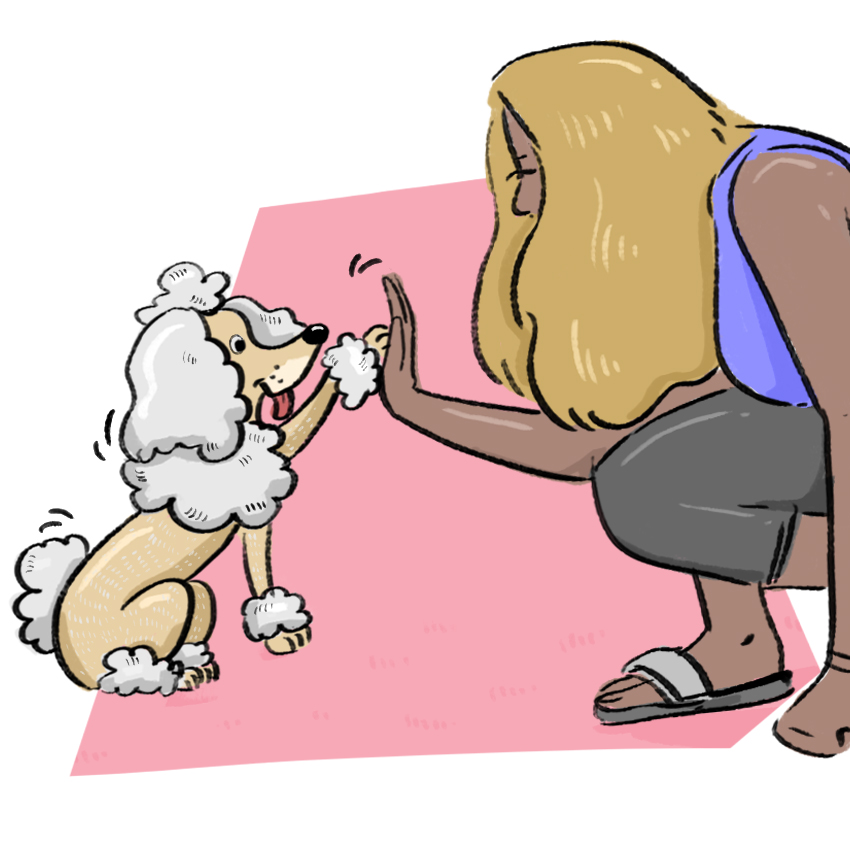
The good news? Countless people have felt this way before and have made it through the experience, which means that you can, too.
You can't magically make puppy ownership into an easy, smooth experience. But you can develop more coping mechanisms, try new strategies with your pup, and strengthen your support system.
Learn What To Expect

First, it can be helpful to manage your expectations. When you're thoroughly prepared for what to expect, you're less likely to feel caught off-guard, overwhelmed, or like you're being cursed by the universe.
For example: If you are currently being driven up the wall by your puppy's sharp baby teeth and/or chewing behavior, know that by the time he is 8 months old, he will have all of his adult teeth. Know that he's not doing this to spite you and that it's OK to feel annoyed by it. Know that you will, nonetheless, have to spend daily time training him to chew the right items and not your shoes or ankles, and that you will have to keep him in dog-proofed areas in the meantime.
Just knowing that there's an end in sight to this very normal, age-appropriate behavior can help curb the blues.
Try New Strategies
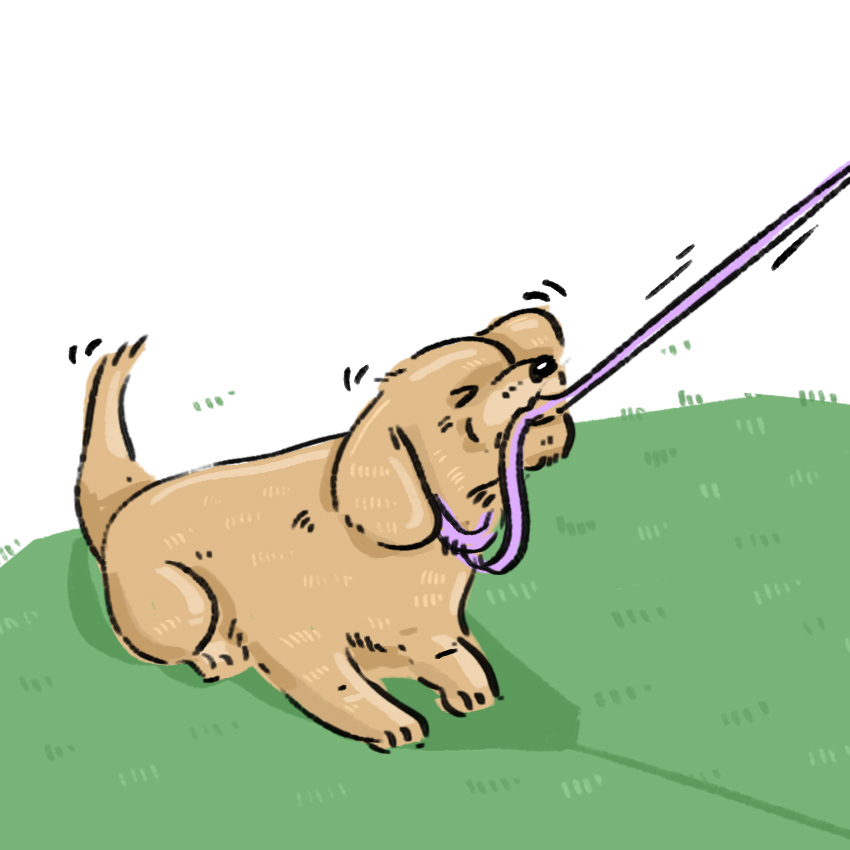
It's easy to get lost in survival mode after you bring home a new pet. You might become desperate just to get through each hour, which can lead to training techniques that only make things worse in the long run.
Take a breath. When you're not in the middle of an incident, take some time to research strategies that you haven't tried with your pup yet. Some ideas include crate training (which can be a lifesaver), increased exercise, doggie daycare, and clicker training. And don't be afraid to ask for help — this is exactly what professional dog trainers are for!
Strengthen Your Support System

It's also important to develop new strategies for yourself.
As with any mental health difficulty, it's crucial to reach out to someone to process these feelings. Chat with a friend who's great at listening. Call a therapist. Write in your journal.
Similarly, you need to take some "me time" away from your puppy sometimes! Leave your puppy at home in a dog-proofed room, in his crate, or with another caregiver for a couple of hours. Then go and do something that is just for you.
Don’t Take It Out On Your Puppy

Most importantly, you have to remember not to take your puppy's behavior personally, even if he did just pee directly on your favorite pair of shoes. I promise that your puppy is not smart enough to spite you on purpose, even if he wanted to.
We all lose our patience with our pets sometimes, and that's normal. But yelling, intimidating, spanking, or otherwise physically punishing your puppy should never be a regular pattern of behavior.
With that said, you're not obligated to continue raising this puppy forever. It's not an easy decision to make, and not one that should be taken lightly. Sometimes, acknowledging that your puppy would be better off in another home is the most loving decision.
Be Patient With Yourself
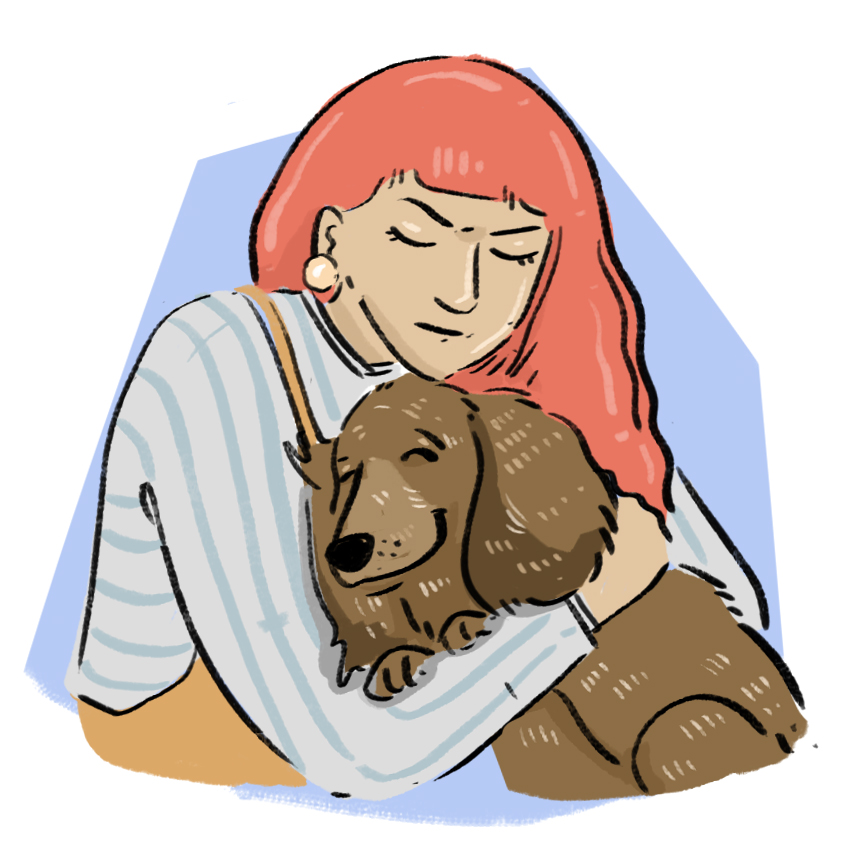
There's no way to skip to the "easy" part of dog ownership, unfortunately. It's OK not to feel like sunshine and rainbows all the time.
Go easy on yourself. Be patient. The kinder you are to yourself, the better you'll be able to deal with your rambunctious puppy.
Before you know it, you'll be dealing with a lazy 5-year-old pooch, and you'll actually be missing these days. Wild, I know.




